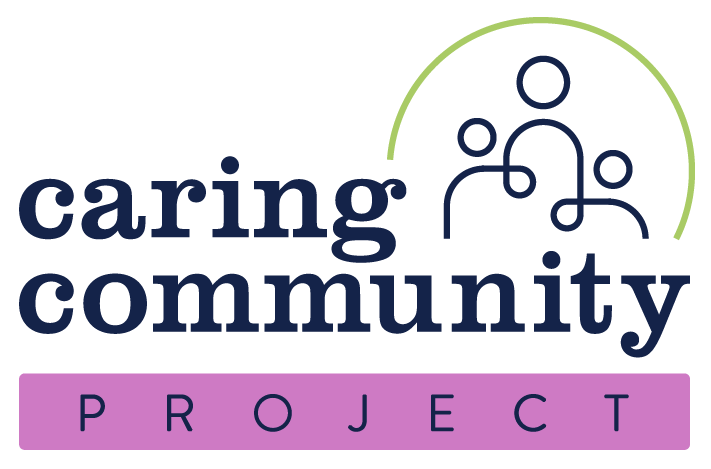Confidentiality
In: Preparing School Adults for Mental Health Advocacy
At the beginning of your mentorship, explain confidentiality to enable trust-building and set expectations, especially as you engage in conversations about mental health. Share what information stays private between you and the student and what information you are mandated to report. Typical mandated reporters are required to report suspicion of child abuse or neglect of youth under the age of 18 to the Department of Children and Families in Massachusetts. Check in with your administrator and/or school counselor to review your responsibilities as a mandated reporter of abuse or neglect, as well as suicidal ideation, self-harm, and substance use. Remind students that the overall goal is to support them the best you can with transparency.
Keep information shared by the student about their mental health confidential, unless you are mandated to report or if you are concerned about their safety. It is essential for your student to know that you are a trusted adult that they can share vulnerable information about their lives with. If you need to share information with someone for the student’s safety and wellness, let them know beforehand so they are informed and prepared.
Use the list below to start conversations about confidentiality, or when you may need to break confidentiality.
Common topics that may need reporting (based on your school’s policy as well):
Self-harm or self-injury (cutting, burning, etc.)
Suicidal ideation (a student shares that they want to die, kill themselves, or wish they were not alive)
Any suspicion of abuse or neglect
Suspicion of substance abuse or other unsafe behaviors
Concerns of mental health issues that need professional help
Starting the Conversation
Explaining Confidentiality:
Since we will be checking in regularly I want to make sure this is a space you feel comfortable sharing things about your life, especially things that you might need support with. I will make sure that on my end, our conversations are confidential, or that they stay private.
The only time I will have to share anything from our conversations with another adult is if you ask me to share something, for example if you want me to communicate with another teacher for you. Another reason I would need to share our conversation with another adult is if I am worried about your safety or someone else’s safety, for example if you share about hurting yourself or someone else.
If I do have to share something that makes me worried about you or someone else’s safety, I will be as transparent as I can and let you know. My goal is to support you and make sure you are safe.
Do you have any questions about this?
If you are ever confused about this, you can always ask me any questions and I’ll be as transparent as I can.
Explaining When You Need to Break Confidentiality:
If you have to report abuse or neglect as a mandated reporter:
I am so sorry you are going through this. I want to make sure you are safe and we can get you the help you need. I will need to report this to [enter who you will have to report to, i.e., the Department of Children and Families (DCF)] and will also share this with [the school counselor, social worker, etc]. Is there anything I can do to make this less difficult for you.
If you need to share information about a concern for another student:
Thank you for sharing this with me. I know it’s hard to decide when to share this kind of information about a friend. Because it seems like your friend may need help, I will need to share this information with [enter who you will have to report to, i.e., DCF or the school counselor.] How are you feeling about this?
If the student asks you not to report, but you are mandated to, say something like:
I know this is really hard and seems scary, but as I mentioned when we first started checking in, I have to report information that makes me worried about your safety (or the safety of another student). Is there anything I can do to make this less hard for you? I can ask the school counselor to check in with you to support you as well.
OR
I am sorry that I have to report this to [enter who you will have to report to, i.e., DCF or the school counselor.] I know this is upsetting, but now we can try to get support for you (or the student they shared about), and I will also try to support you through this process the best that I can.

